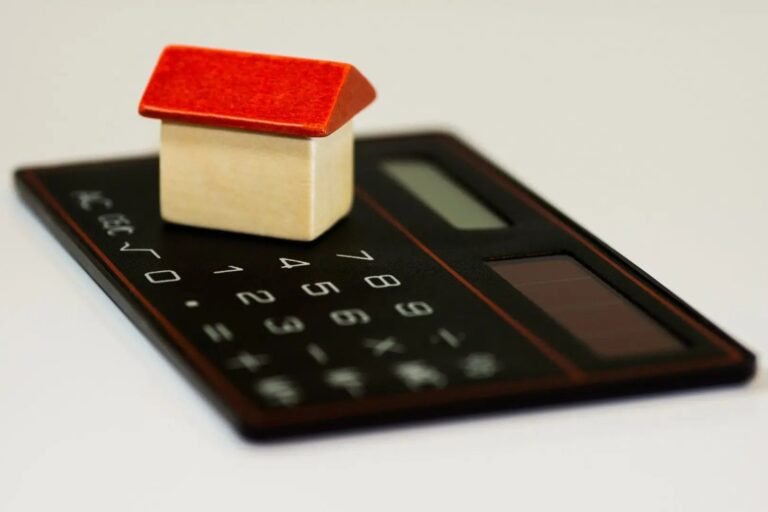Council tax is a local tax levied by local authorities in the United Kingdom. It is a key source of revenue for local councils to fund essential public services and amenities within their jurisdiction.
Council tax is applicable to most residential properties in the UK, including houses, flats, bungalows, and even certain types of mobile homes.
For individuals residing in rental properties, the question of who bears the responsibility for paying council tax often arises.
In this article, we aim to provide clarity on the matter and shed light on the typical scenarios encountered in the UK rental market.
Council Tax Liability on Rental Properties
In most cases, the tenant of a rental property is responsible for paying the council tax. The tenant is required to make direct payments to the local council to cover the tax, unless stated otherwise in the tenancy agreement.
The council tax is calculated based on the valuation band assigned to the property, considering factors such as location, property size, and local authority regulations.

Valuation bands are determined by the property’s market value as of 1 April 1991, and properties are placed into one of eight bands ranging from A to H, with band A representing the lowest value and band H the highest.
Council Tax is generally payable by individuals who are 18 years old or older. If there are at least two adults residing in a home, a full Council Tax bill will be issued. It is important to note that spouses and partners who live together share joint responsibility for paying the Council Tax bill.
Tenant Responsibility
As a tenant, it is crucial to thoroughly review your tenancy agreement to understand your specific obligations regarding council tax payments.
In most rental agreements, the tenant assumes responsibility for paying the council tax directly to the local authority. This includes notifying the council of the tenancy and providing relevant details to set up the account.

It is important to note that each tenant within a shared property may be individually liable for their respective share of the council tax.
In such cases, the local council may issue separate bills to each tenant, specifying the amount they are required to pay.
Landlord Responsibility
While tenants are typically responsible for council tax payments, there are situations where the landlord assumes this responsibility.
This is more common in houses in multiple occupation (HMOs) or shared accommodation arrangements, where the landlord may include the council tax as part of the rent.
This arrangement should be clearly outlined in the tenancy agreement to avoid confusion or disputes.
Council Tax Exemptions and Discounts

Certain individuals may be eligible for council tax exemptions or discounts, irrespective of whether they are tenants or property owners. Here are some common examples:
- Full-time students: Properties solely occupied by full-time students are generally exempt from Council Tax. However, certain criteria must be met, such as all occupants being enrolled in a qualifying course and meeting specific residency requirements.
- Care leavers: Individuals who have recently left the care of a local authority and are under a specific age (typically 25) may be exempt from Council Tax.
- Severe mental impairment: Properties occupied solely by individuals with severe mental impairment, as certified by a medical practitioner, are exempt from Council Tax. This includes individuals with conditions such as Alzheimer’s disease, Parkinson’s disease, severe learning disabilities, or severe mental illnesses.
- Empty properties: Certain empty properties may be eligible for Council Tax exemptions or discounts. This can include properties undergoing major renovations or being actively marketed for sale or rent.
- Annexes and granny flats: Annexes or self-contained units within a property may be eligible for a 50% Council Tax discount if they are occupied by a dependent relative, such as an elderly or disabled family member.
- Armed forces accommodation: Members of the armed forces living in Ministry of Defence accommodation are usually exempt from Council Tax. However, this exemption does not apply to privately rented accommodation.
These exemptions may vary slightly depending on the local authority, so it’s advisable to check with your specific council for the most up-to-date information and eligibility criteria.
It’s important to note that exemptions are not automatic and typically require application and evidence to support the claim.
If you believe you may qualify for an exemption, contact your local council’s taxation department for guidance on the application process and required documentation.
You can get more information through our “How You Can Reduce Your Council Tax Bill in the UK“
Summary
In the UK, tenants are generally responsible for paying council tax on rental properties, unless stated otherwise in the tenancy agreement. It is important for tenants to review their agreements and understand their obligations.
Landlords may include council tax in the rent for shared accommodations or HMOs. Eligibility for exemptions or discounts should be explored by eligible individuals.
To ensure compliance and avoid any misunderstandings, tenants and landlords should communicate openly and clarify their respective responsibilities when it comes to council tax payments.
By understanding the rules and regulations surrounding council tax liability, both tenants and landlords can maintain a transparent and harmonious rental relationship.









